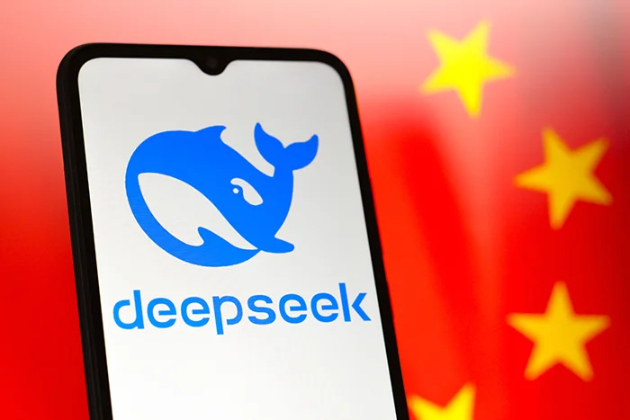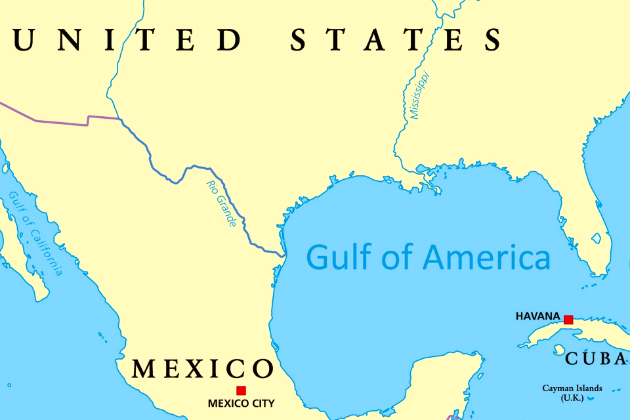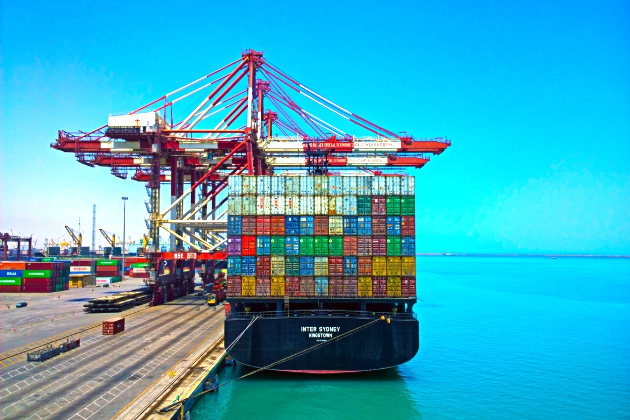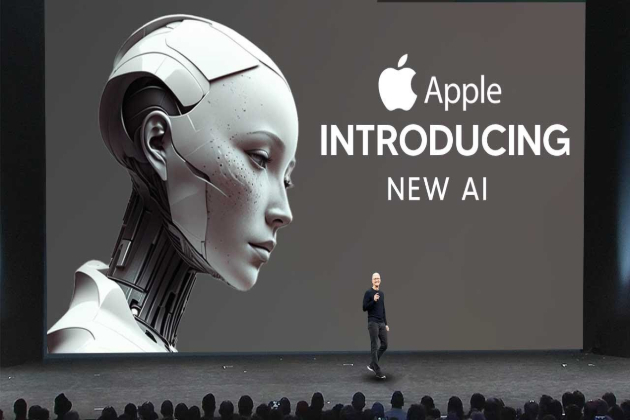AWS, Azure, and Google Cloud Redefining Telecoms Commercial Models
PR Newswire
14 Jun 2022, 13:30 GMT+10
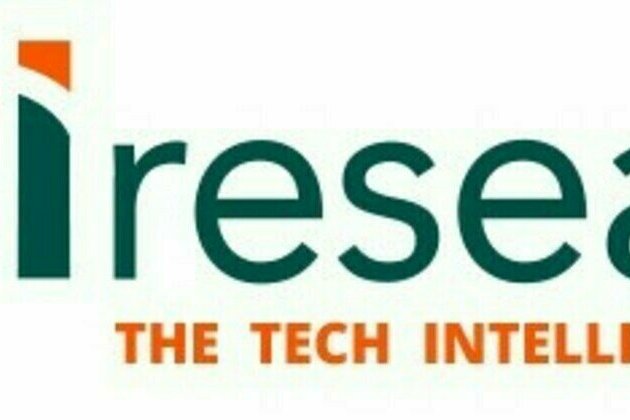
The industry is at the beginning of a profound structural shift to an increased consumerization of telecom technologies
LONDON, June 14, 2022 /PRNewswire/ --5G is the first 'G' in cellular technologies that paves the way for Communications Service Providers (CSPs) to operate in the software layer. Software represents a departure from transactional model characteristic of telecom equipment manufacturing. Software points toward a recurring revenue model that is more consistent and predictable akin to that of hyperscalers. According to global technology intelligence firm ABI Research, that has implications on the commercial models that underpin the industry.

"With a growing importance of software, the commercial imperative from a vendor's perspective is stark: depart from a finite supply of (3G and 4G) equipment, characterised by scarcity, to monetization models based on (5G) software where the supply is essentially infinite," states Don Alusha, Senior Analyst 5G Core & Edge Networks at ABI Research.
With 3G and 4G networks, commercial arrangements revolve around a CAPEX purchase model. CSPs pay a specific price to own an asset. It could be hardware (cellular antennas) or software predicated on perpetual licensing. The value can be paid in cash, financed, or leased. But what is most relevant, however, is that there is a set price. Once the deal is agreed, Network Equipment Vendors (NEVs) like Ericsson, Huawei, Nokia, and ZTE are guaranteed an upfront payment at the point of signing a contract. In a CAPEX model, NEVs have one stress point: winning the deal. The risk of implementing the purchased technology falls to CSPs. A key point to note is that, in general, by the time a product is adopted and used, the bulk of the budget has already been spent upfront for the installation, integration, and other professional services needed to get the product operational.
By contrast, in a 5G ecosystem, and by extension, cloud and software world, there may not be a 'product' sale. Technology suppliers still need to channel the required Research and Development (R&D) to build the technology and win a deal. They need to invest in marketing, execute the sales cycle in the hope they win the deal. In that respect, there is not much difference from the CAPEX model. The difference lies in the fact that OPEX models are associated with recurring (micro-) transactions-extra compute, more storage, more modules, etc. "Further, businesses built on OPEX models typically invest a significant amount of capital upfront and then try to make up with volume because of a superior cost structure that is associated with software; the marginal cost of producing an extra copy is very small. That underpins hyperscaler's (Amazon, Google, and Microsoft) business model and strategy," Alusha explains.
Though very subtle, there is an increasing consumerization of telecom technologies because of a growing adoption of cloud and software. The software business is a scale economic business. A considerable investment is made upfront to develop a software product and then the marginal cost of producing each one is very small. The fundamental difference between building software and manufacturing equipment is that the latter entails the creation and transfer of ownership of a product, while the former is much more intangible. There are advantages from a balance sheet perspective, as now CSPs pay for software in a rough approximation for their usage over time-an operational expense-as opposed to a fixed-cost basis in a CAPEX-centric world. This improves their Return-on-Invested Capital (ROIC) measurements.
In the new world of cloud and software, in addition to selling a transaction, NEVs must also make a material and positive impact on the recipient of the service to create value. "This enables the industry to explore new business models that look beyond where the money is in the value chain, to where it will be in the years to come. Cloudification of telecom equipment offers unprecedented opportunities (e.g., innovation, better economics, business agility, etc.) but it inherently constitutes new technologies for the industry and there is a risk attached. There will be challenges, given the lack of maturity and many unknowns around performance, best practices, and control of technology assets. But operators that rise to these challenges first may well gain a competitive market advantage," Alusha concludes.
These findings are from ABI Research's Cloudification of Telecom Technologies and Equipment application analysis report. This report is part of the company's 5G Core & Edge Networks research service, which includes research, data, and analyst insights. Based on extensive primary interviews, Application Analysis reports present in-depth analysis on key market trends and factors for a specific technology.
About ABI Research
ABI Research is a global technology intelligence firm delivering actionable research and strategic guidance to technology leaders, innovators, and decision makers around the world. Our research focuses on the transformative technologies that are dramatically reshaping industries, economies, and workforces today.
ABI Research 1990
For more information about ABI Research's services, contact us at +1.516.624.2500 in the Americas, +44.203.326.0140 in Europe, +65.6592.0290 in Asia-Pacific or visit www.abiresearch.com.
Contact Info:
Global
Deborah Petrara
Tel: +1.516.624.2558
[email protected]
SOURCE ABI Research

 Share
Share
 Tweet
Tweet
 Share
Share
 Flip
Flip
 Email
Email
Watch latest videos
Subscribe and Follow
Get a daily dose of Singapore Star news through our daily email, its complimentary and keeps you fully up to date with world and business news as well.
News RELEASES
Publish news of your business, community or sports group, personnel appointments, major event and more by submitting a news release to Singapore Star.
More InformationInternational
SectionMicrosoft bans Chinese AI app Deepseek over data security fears
REDMOND, Washington: Microsoft has prohibited its employees from using Deepseek, a Chinese artificial intelligence app, citing concerns...
Bristol Myers, Sanofi to pay $700 million in Hawaii Plavix lawsuit
HONOLULU, Hawaii: Pharmaceutical giants Bristol Myers Squibb and Sanofi have agreed to pay $700 million to Hawaii to settle a lawsuit...
FDA to roll out AI across all centers by June 30
WASHINGTON, D.C.: The U.S. Food and Drug Administration (FDA) said this week it will start using artificial intelligence (AI) in all...
Appeals court reinstates Oceanografia fraud case against Citigroup
NEW YORK CITY, New York: Citigroup must defend itself against a revived lawsuit accusing the bank of facilitating and concealing a...
Food authority forecasts 500,000 in Gaza will die of starvation
Gaza Faces Imminent Famine as Aid Blockade Enters 70th Day, UN Warns The entire population of Gaza is now at critical risk of famine,...
House passes bill to rename Gulf of Mexico as ‘Gulf of America’
WASHINGTON, D.C.: The Republican-led U.S. House of Representatives has passed a bill to rename the Gulf of Mexico as the Gulf of America,...
Business
SectionApril exports in Taiwan surge ahead of possible US tariffs
TAIPEI, Taiwan: Taiwan's exports grew much more than expected in April, as buyers rushed to purchase its high-tech products before...
Dow Jones drops 270 points at close as inflation slows
NEW YORK, New York - A better-than-expected CPI reading sent the Standard and Poor's 500 and the Nasdaq Composite higher on Tuesday,...
Air Canada cuts profit forecast amid weaker US travel demand
MONTREAL, Canada: Air Canada has cut its annual core profit forecast and missed first-quarter revenue estimates, citing a drop in U.S.-bound...
Apple’s AI Safari push threatens Google’s iPhone search dominance
CUPERTINO, California: Apple's plan to introduce AI-powered search options on its Safari browser poses a major challenge to Google,...
Foreign workers drive post-pandemic growth in eurozone: ECB
FRANKFURT, Germany: Foreign workers have emerged as a critical force behind the euro zone's economic growth since the pandemic, offsetting...
Trump trade agreement sends Wall Street soaring
NEW YORK, New York - U.S. stocks surged on Monday following news that the Trump administration had agreed to a 90-day reduction of...

